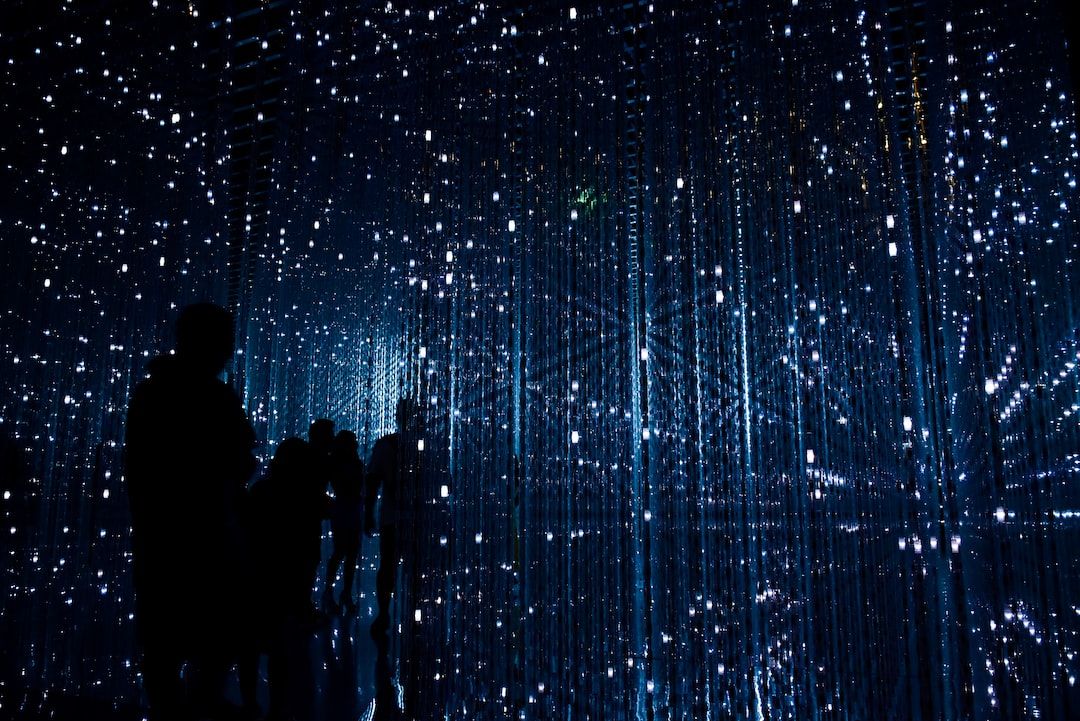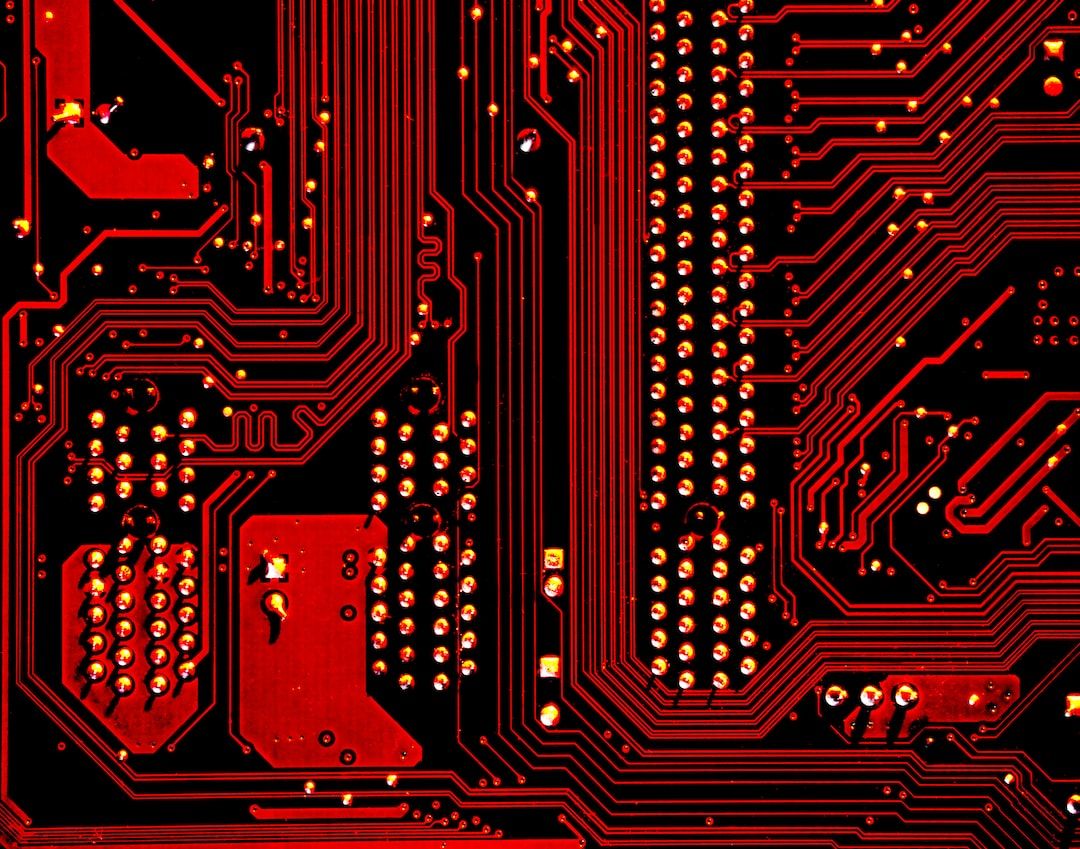
What Is Modern Technology Impact on Culture
In the fast-paced digital age, the advent of Artificial Intelligence (AI) has ushered in a new era that is transforming various aspects of our lives. One of the most profound areas where AI is making its mark is in culture. In this blog post, we will delve into the ways in which modern AI technology is shaping and impacting our culture.

1. AI in Art and Creativity
Art has always been a reflection of culture. With AI, artists are exploring new horizons. Generative Adversarial Networks (GANs) can now produce art that challenges traditional notions of creativity. AI-generated art is being showcased in galleries, raising questions about authorship and the essence of human creativity.
2. Language and Communication
Natural Language Processing (NLP) is at the heart of AI-driven language and communication tools. Chatbots, virtual assistants, and language translation services have become ubiquitous. They are bridging language barriers and enabling global communication like never before.
3. Entertainment and Media
AI-driven algorithms are responsible for the personalized content recommendations we see on streaming platforms like Netflix and Spotify. This is changing the way we consume media, as our preferences are continually analyzed to provide us with tailored content.
4. Fashion and Design
AI algorithms are being employed to predict fashion trends by analyzing vast amounts of data from social media and e-commerce platforms. This has a significant impact on the fashion industry, from design to marketing.
5. Healthcare and Well-being
AI is playing a crucial role in healthcare, from drug discovery to personalized treatment plans. It's helping doctors make more accurate diagnoses and is even being used in mental health applications to provide support and therapy.
6. Social and Ethical Implications
The integration of AI into culture is not without its challenges. There are concerns about privacy, algorithmic biases, and job displacement due to automation. Ethical questions surrounding AI's impact on culture, such as deepfake technology and misinformation, also need to be addressed.
7. Education and Learning
AI-powered education platforms are reshaping how we learn. Adaptive learning systems can tailor educational content to individual students, making education more accessible and effective.
8. Cultural Preservation
AI is being used to preserve and restore cultural heritage. For example, it can help reconstruct ancient artifacts or restore damaged artworks, ensuring that our cultural treasures are preserved for future generations.

The impact of modern AI technology on culture is profound and multifaceted. It is not merely a tool but a force that is reshaping the way we create, communicate, and experience culture. As AI continues to advance, we must carefully consider the ethical and societal implications while harnessing its potential to enrich and diversify our cultural landscape.
AI is not just a tool; it is becoming an integral part of our cultural narrative, challenging our perceptions, and expanding the boundaries of what is possible. As we move forward, it is crucial to strike a balance between embracing this transformative technology and addressing the ethical and societal challenges it presents. In doing so, we can ensure that AI becomes a force for positive change in our evolving culture.
Appreciate the creator